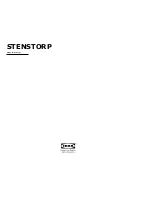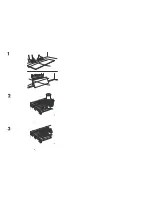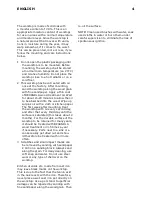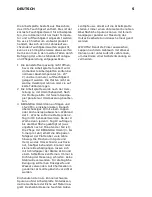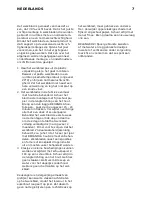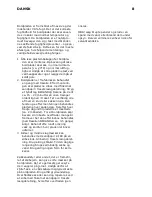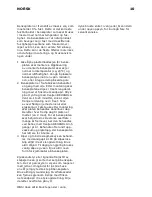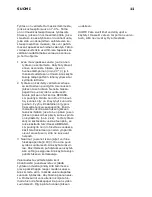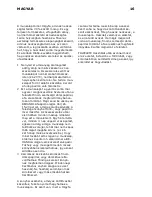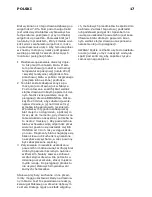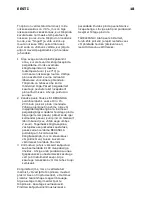
The worktop is made of solid oak with
a moisture content of 7-9%. This is an
appropriate moisture content of worktops
for use in areas with a normal temperature
and moisture level. Since the worktop is
a natural product that moves with varia-
tions in moisture during the year, it may
warp somewhat, if it comes to the worst.
This can be prevented, more or less, if you
follow the mounting and care instructions
below.
1 Do not open the plastic packaging until
the worktop is to be mounted. Before
mounting, the worktop shall be stored
at normal room temperature (ca. 20ºC)
and relative humidity. Do not place the
worktop close to a hot radiator or on a
cold floor.
2 This worktop has been treated with oil
once at the factory. After mounting,
sand the worktop along the wood grain
with fine sandpaper. Apply a thin coat
of BEHANDLA wood treatment oil. Wait
for about 15-20 minutes to allow the oil
to be absorbed into the wood. Wipe up
surplus oil with a cloth or kitchen paper.
The first week after mounting, treat
the worktop with oil every second day,
and after that every third day until the
surface is saturated (this takes about 2
months). For the durable surface of the
worktop to be retained for many years,
it should be treated with BEHANDLA
wood treatment oil 3-5 times a year
if necessary. Parts next to a sink or a
cooker easily get dried out and shou-
ld therefore be treated with oil more
often.
3 Scratches and small impact marks can
be removed by sanding with sandpaper
K 180 on a sanding block. Always sand
along the grain. For daily cleaning, use
soft soap and water. Do not use steel
wool or any type of chemical on the
worktop.
Kitchen utensils etc. made from cast iron
may leave black marks on the worktop.
This is due to the fact that the tannin acid
in the oak reacts with the iron. Therefore,
never place a wet cast iron pot directly on
the worktop. Use a pot stand. Superficial
damage can be repaired by sanding with
fine sandpaper along the wood grain. Then
re-oil the surface.
NOTE! Clean used brushes with water, soak
used cloths in water or burn them under
careful supervision to eliminate the risk of
spontaneous ignition.
ENGLISH
4

